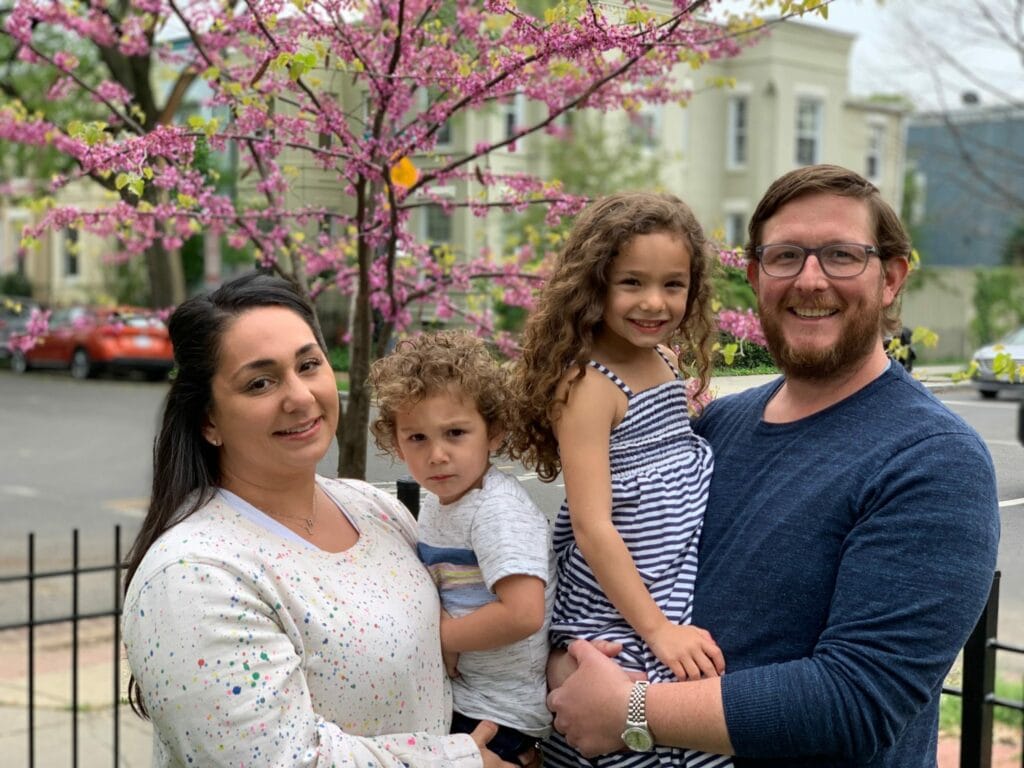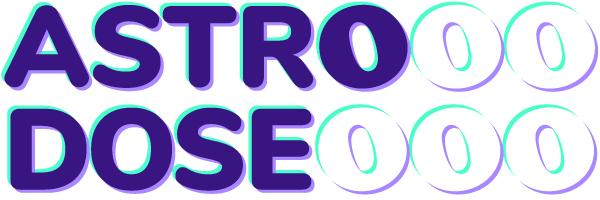
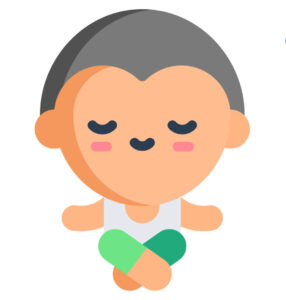
Astrodose
How To Treat Post-Partum Depression With Microdosing
- October 21, 2021
- , 12:20 pm
- , Uncategorized
The story goes that motherhood is supposed to come ‘naturally’. Picture the new parent, gazing at their babe-in-arms. Easily taking to their new life as care-giver like a duck to water. For the majority of people, this is the case which of course, is magical. However, for some others it is just not that easy. Despite existing as long as humanity itself, postpartum depression (PPD) has actually only been recognised as a serious condition quite recently.
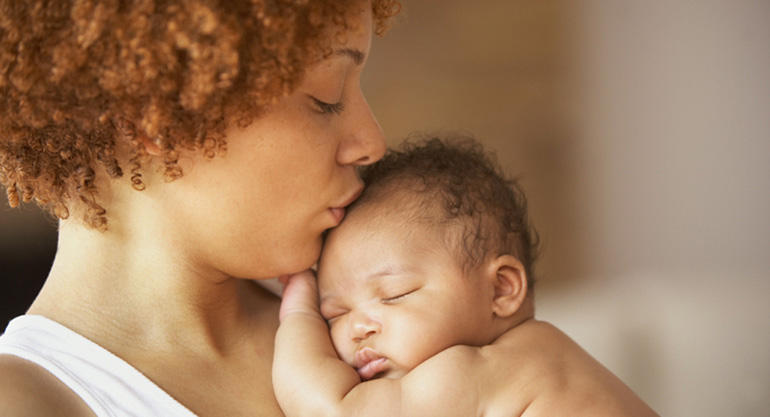
Postpartum depression is a form of depression that usually occurs between 1 week to a few months after childbirth. It is characterised by extreme sadness, anxiety, fatigue, insomnia. In some cases it can cause suicidal thoughts — caring for the baby often becomes almost impossible.
An Illness To Be Treated
As early as 460 BCE Hippocrates describes women suffering “agitation, delirium and attacks of mania” after birth; fast forward a couple thousand years and Brooke Shield’s was sharing her story of postpartum depression in her 2005 autobiography ‘Down Came The Rain. Despite this huge leap in time, it seemed as though the idea was still as foreign as it was in Hippocrates’ era. It was still something that woman found extremely hard to talk about, and barely acknowledged publicly.
The concept of ‘womanhood’ is tightly entwined with the concept of ‘motherhood’. We live In a world where women have only in recent history gained independence. And, in the not too distant past if a woman could not do her ‘duty’ (i.e. be a mother) she was shamed, shunned or reviled. Thankfully, the world is changing, and the concept of ‘womanhood’ has been revealed to be in many ways just that — a concept. Depression, including postpartum depression, is an illness to be treated like any other. However, many women still suffer in silence and shame, blaming themselves for not being able to bond with their babies. Or, they lose the will to care for them if the weight of their depression grows too heavy.
Traditional Treatments Are Not An Option
For many mothers suffering from PPD, traditional antidepressants such as SSRIs are not an option. It is common that symptoms of depression can worsen during the first few weeks of trying a new medication, something they cannot risk when caring for a baby. They also may not want to experience the dumbing down of the positive emotions. Imagine if you couldn’t enjoy your baby’s smile!
Additionally, it may be that they are part of the notable population for whom SSRIs unfortunately just do not work. Whatever the reason, there is still a lack of appropriate treatment for this condition that affects 15% of women after childbirth. And it’s not just women — it also affects around 10% of men.
Is it any wonder parents are taking things into their own hands?
Via that great leveller, the internet forum, mothers have been sharing their stories of microdosing magic truffles to alleviate the symptoms of their postpartum depression. And, what started as anonymous tips on Reddit have become fully-fledged articles on Goodhousekeeping.com! Change is coming swiftly indeed.
Well, we would have, of course. The healing properties of psilocybin (the active ingredient in magic truffles) have long been known by an ‘underground’ section of the population. Luckily however, the rest of the world is catching up. Psilocybin is being considered as a serious medicine for everything from depression, to PTSD to OCD as well as for general well-being, motivation and creativity.
A Journey From Despair To Wellness
In a recent Goodhousekeeping.com article, Melissa Lavasani, a sufferer of extreme postpartum depression, shared her journey from despair to wellness, all with the help of magic mushrooms.
Melissa’s first pregnancy had been without trouble. Her second however, was dogged with pain and antepartum depression (depression during pregnancy). After the birth of her son, her conditioned worsened;
“By late 2017, I developed severe postpartum depression. It wasn’t just profound sadness, it was dread. I had a constant chatter of negative self-talk going on. A voice in my head reminding me what a terrible wife and mother I was.”

A kernel of hope presented itself however. On a car journey Melissa and her husband listened to a podcast. The guest was none other than mycologist Paul Stamets. On the podcast he extolled the virtues of psilocybin as a treatment for depression. She’s never heard of this before, but she was also at her wits end and willing to try anything. She went on a research deepdive and soon saw that psilocybin being studied legitimately everywhere from John Hopkins University to Berkeley. But, unfortunately, she didn’t qualify for any of the research studies currently taking place.
Melissa Begins To Microdose
In 2018, as her condition worsened, Melissa started to microdose. Three days after her first try she began to notice a difference. After the dissociation of her depression she began to feel that she existed in her body again. She felt present. She describes the feeling of microdosing psilocybin:
“I compare the feeling to getting eight hours of sleep, having a good workout and drinking the perfect amount of coffee. I just felt sharp and ready for my day.”
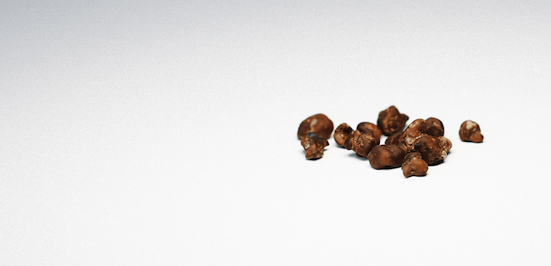
As her depression began to lift, life began to be enjoyable again. She could smell and taste things better, she could even face therapy again. Microdosing three times a week was bringing her back to the person she had been before.
Many More Stories Like Melissa’s
Melissa’s tale is one of many that is putting psilocybin in the spotlight as a treatment for postpartum depression. Vice recently covered the story of mother Julie Ugleholdt, who was driven to the brink of suicide by her postpartum depression. In her book Project Baby- My First Year As A Less Than Perfect Mother, Ugleholdt describes a similar situation to Melissa’s — psilocybin as a last resort.However, just like Melissa, microdosing was her saviour. Ugleholdt states;
“I hope it can become an option that’s taken seriously in psychiatry as an alternative to antidepressants. That way, people won’t have to buy it in secret from a dealer, and they’d be able to get some guidance and support with the process.”
Change Is Coming
Another voice, in a chorus of many, extolling the benefits of microdosing. Think of all the parents who could have been helped by psilocybin if they knew! Lives could have been changed. Thankfully, with people like Melissa sharing their story, change is coming.
And luckily for you, you can order your psilocybin packed magic truffles from us today!

*Our products are for both recreation and healing. If you are struggling with your mental health make sure you are in contact with a therapist or health practitioner in parallel to integrating psilocybin into your life.


